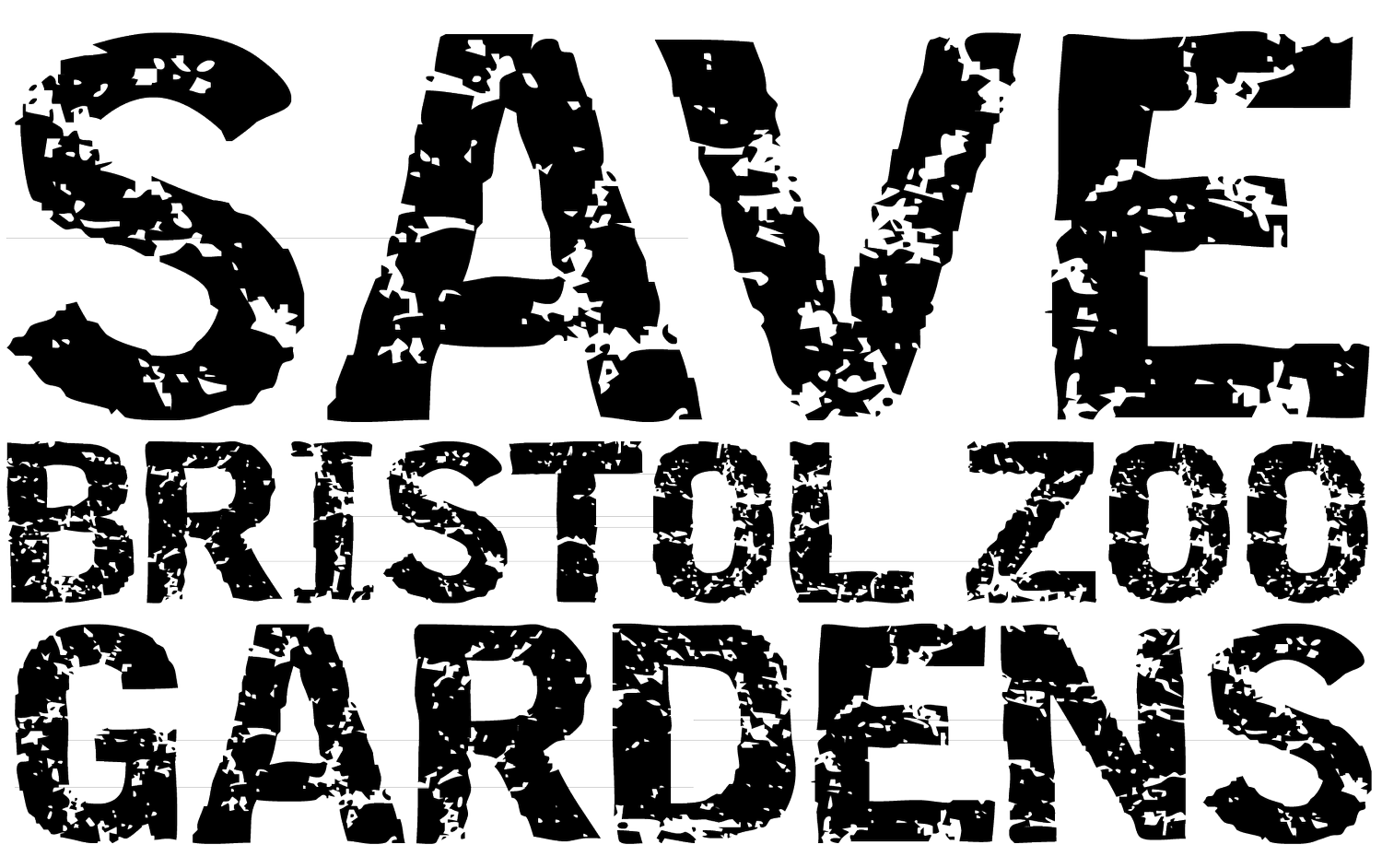What could Bristol Zoo Gardens become?
If it’s not to be a housing estate, what then should become of the site? We are not seeking or suggesting a definitive answer right now, but it’s clear from the most casual conversations that many ideas are out there and many wonderful things are possible. Here are a few ideas.
Reinvent, reimagine, reinvigorate, keep it as a Zoo
Our first preferred choice would be to keep it as a Zoo that’s run by the Zoological Society, with the animals’ welfare at its heart and which still makes a wonderful place to visit again and again, with open green spaces, play areas and cafés. Connect it to science, research, conservation and education projects. Raise funds locally and relaunch it for the benefit of Bristol.
Make it a virtual Zoo
Keep all the gardens, cafés and spaces but replace all animals with virtual and augmented reality displays akin to what they’ve done at Florida’s Universal Studios (which has interactive Finding Nemo and immersive dinosaur experiences).
A lo-tech nature and gardens attraction
Make it more of a low-tech nature and gardens attraction with no captive animals; more like the kind of place that the RHS or the Eden Project might run. Popular, interesting, well-designed.
Public gardens plus a work and culture hub
Keep large, freely accessible gardens and cafés at the centre but develop the site with business units for Bristol’s start-up companies; artist studios and performance spaces. This would be lower density than the proposed housing and would maintain the listed buildings.
A city farm with a café and green, growing spaces
Turn the whole site over to a giant city farm run by volunteers promoting green practices, permaculture and recycling. Have an on-site bakery and other food makers. Supply the café from produce entirely grown on site (except maybe tea and coffee). Sell organic eggs, bakery, compost, charcoal and more.
New owners who’ll keep it open to the public
Permit another institution e.g. Clifton College to acquire the site, using some of it for its own needs, providing some facilities e.g. sports or performance venues as public amenities but leaving the bulk of it as a permanent public space with gardens, cafés etc as now.






